
Regular Gasoline
Understanding Regular Gasoline
Regular gasoline is a common fuel choice for many vehicles, but there is often confusion surrounding its properties and suitability for different engines. This article aims to clarify what regular gasoline is, how it compares to premium gasoline, and when it is the right choice for your vehicle.
What is Regular Gasoline?
Regular gasoline, often referred to simply as "regular," is a type of fuel that is widely used in internal combustion engines. It is characterized by its octane rating, which typically ranges from 87 to 89. The octane rating indicates the fuel's ability to resist knocking or pinging during combustion, which can affect engine performance and longevity.
History of Gasoline
The term "unleaded" is commonly associated with regular gasoline today, as it signifies that the fuel does not contain tetraethyl lead, a substance that was once added to gasoline to improve performance. Leaded gasoline was phased out in the 1970s due to environmental and health concerns, leading to the widespread adoption of unleaded fuels.
Regular vs. Premium Gasoline
One of the most debated topics among car owners is the difference between regular and premium gasoline. While premium gasoline has a higher octane rating, usually around 91 to 94, it is important to understand that not all vehicles require premium fuel.
Performance Considerations
Regular gasoline is suitable for most low-compression engines and vehicles that do not demand high performance. These engines are designed to operate efficiently with regular fuel, and using premium gasoline in such cases may not yield any noticeable benefits. In fact, for many drivers, the additional cost of premium fuel does not translate into improved fuel efficiency or performance.
When to Use Premium Gasoline
Premium gasoline can enhance performance in high-compression engines, typically found in sports cars and luxury vehicles. These engines are designed to take advantage of the higher octane rating, which can lead to better acceleration and overall performance. However, for the average consumer driving a standard vehicle, regular gasoline is often the most practical and economical choice.
Fuel Efficiency and Cost
While premium gasoline is often marketed as a means to improve fuel efficiency, studies have shown that it does not necessarily provide better mileage compared to regular gasoline. The difference in fuel efficiency is often negligible, making regular gasoline a more cost-effective option for most drivers.
Conclusion
In summary, regular gasoline is a reliable and economical fuel choice for a wide range of vehicles. Understanding the differences between regular and premium gasoline can help drivers make informed decisions about their fuel options. For those with standard engines, regular gasoline is typically sufficient, while premium gasoline is best reserved for high-performance vehicles that require it.


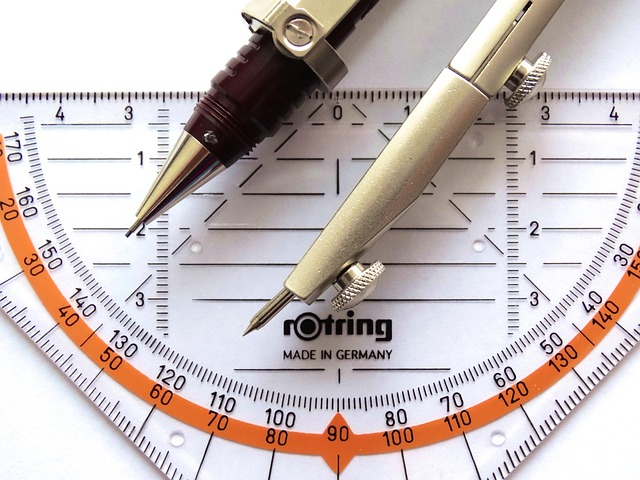


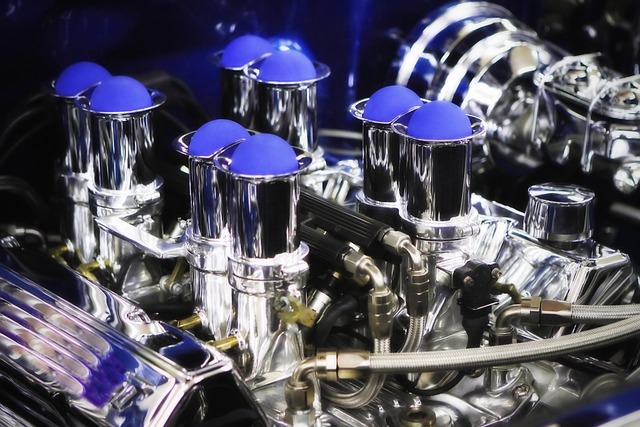
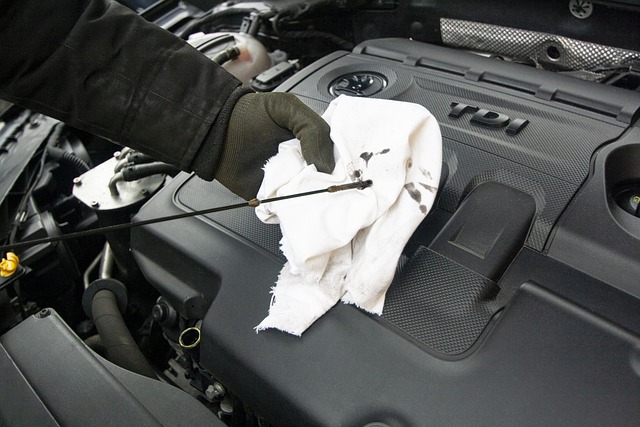




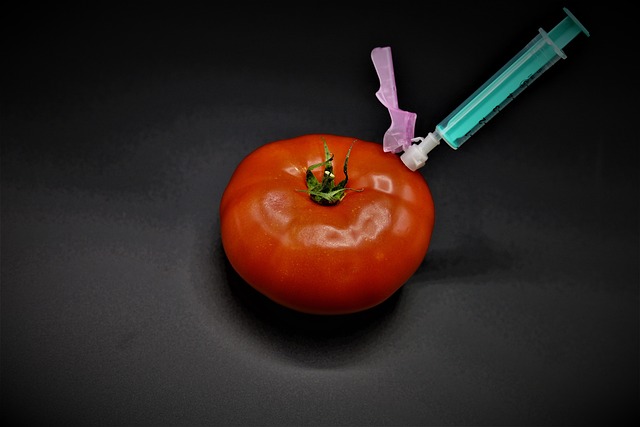


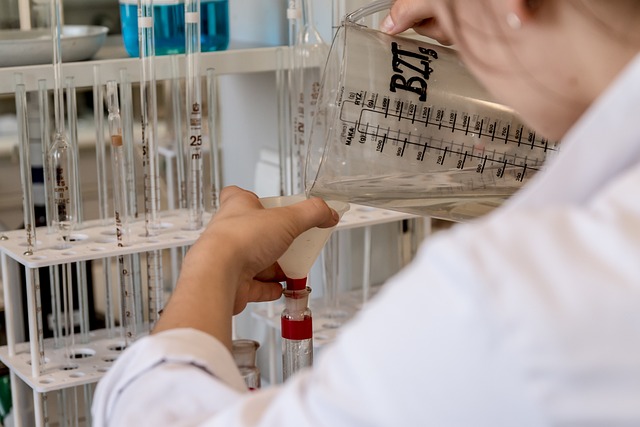


 The Camshaft Actuator
The Camshaft Actuator 
 Health
Health  Fitness
Fitness  Lifestyle
Lifestyle  Tech
Tech  Travel
Travel  Food
Food  Education
Education  Parenting
Parenting  Career & Work
Career & Work  Hobbies
Hobbies  Wellness
Wellness  Beauty
Beauty  Cars
Cars  Art
Art  Science
Science  Culture
Culture  Books
Books  Music
Music  Movies
Movies  Gaming
Gaming  Sports
Sports  Nature
Nature  Home & Garden
Home & Garden  Business & Finance
Business & Finance  Relationships
Relationships  Pets
Pets  Shopping
Shopping  Mindset & Inspiration
Mindset & Inspiration  Environment
Environment  Gadgets
Gadgets  Politics
Politics 